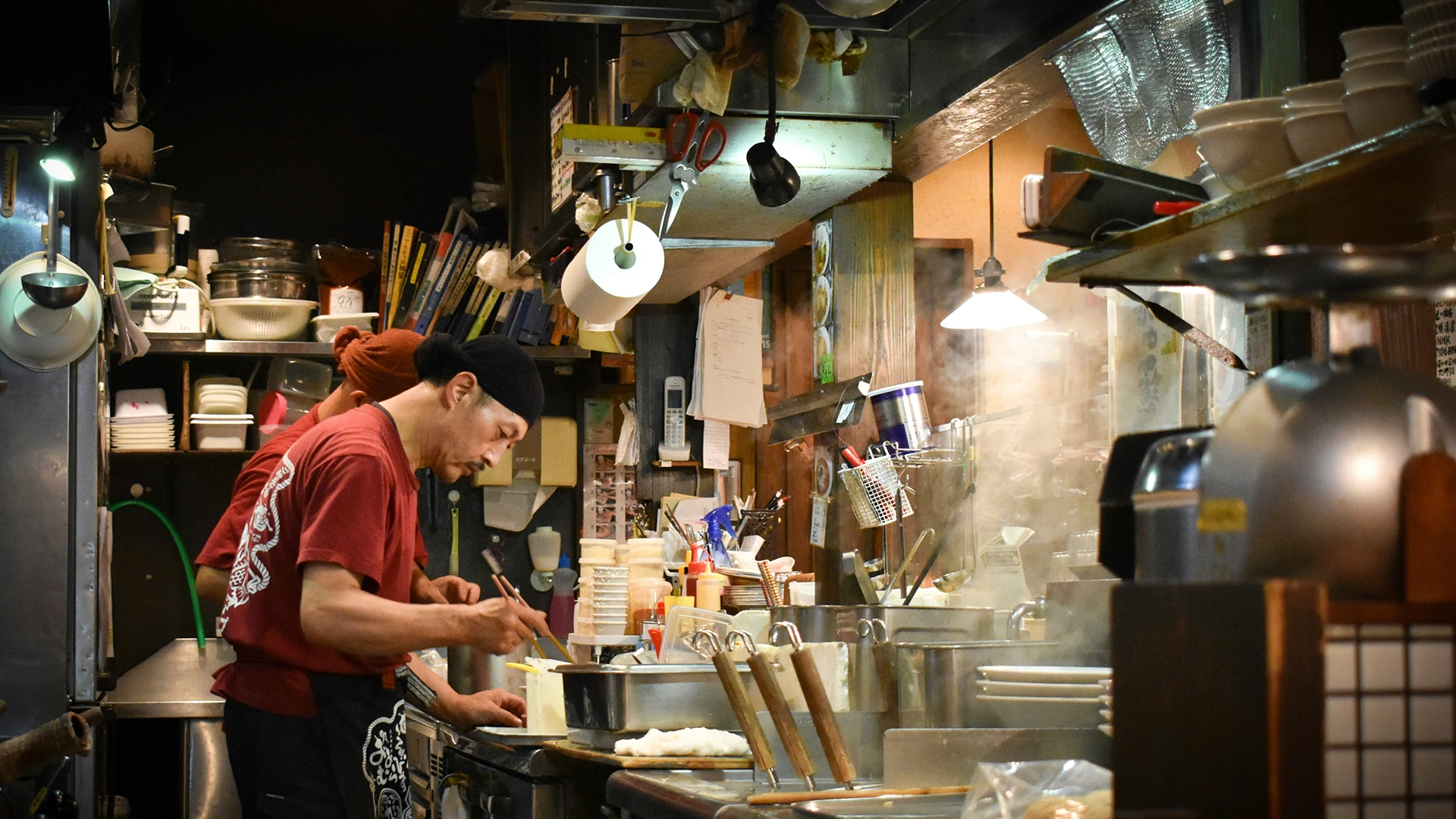
Image by Anton Nazaretian, from Unsplash
AI Tools Help Restaurants Slash Food Waste And Costs
AI may be changing how restaurants address food waste problems.
In a rush? Here are the quick facts:
- Food waste produces 8% of global carbon emissions.
- AI tool Winnow identifies 1,000+ foods as they’re discarded.
- Four Seasons Costa Rica cut food waste by 50% in 8 months.
The restaurant and hospitality sector loses more than $100 billion a year in food waste, as reported by Business Insider (BI). According to ReFED’s 2025 report, U.S. businesses alone had surplus food worth $108 billion in 2023. Beyond the financial hit, food waste accounts for 8% of global carbon emissions, as noted by BI.
In order to overcome this issue, BI reports that many businesses are resorting to AI solutions. For example, Winnow is an AI tool that helps restaurants monitor their waste. It does this using scales and motion-sensing cameras, which identify more than 1,000 discarded food items, providing chefs with immediate data and weekly performance reports.
BI reports Winnow use in more than 90 countries, assisting restaurants in portion control, leftover utilization, and meal planning.
For example, Four Seasons Peninsula Papagayo in Costa Rica cut food waste by 50% in eight months, as a result of Winnow. “It’s simply part of the basic daily operation,” said executive chef Emiliano Rabia Sottil, who now donates extra meals to food banks and reuses trimmings for stocks.
In another case, Hotels in Ireland have also reached significant waste reduction results. For example, Ashford Castle reached 69% food waste reduction in 2024, while The Lodge achieved a 90% decrease.
“It’s brought about a lot more awareness on our waste,” said Liam Finnegan, executive head chef at Ashford Castle, as noted by BI. Chefs there now turn croissants into bread pudding, carrot tops into pesto, and chicken skin into crackers.
Staff are embracing the change, too. “It’s very tangible and engaging for young people,” said Jonathan Keane, executive head chef at The Lodge, as reported by BI.
For many chefs, technology is more than a tool. “The idea is to create that culture,” Rabia Sottil said to BI, pointing to a future where cutting waste is as important as creating delicious food.
Beyond hotel kitchens, similar efforts are underway in the UK. Indeed, the UK food-tech company Zest is working with Nestlé and other partners to test an AI system that identifies surplus food products to find alternative distribution channels.
The two-week trial of this tool resulted in an 87% reduction of food waste, potentially preventing the loss of 1.5 million meals nationwide.
Recent research supports the effectiveness of AI-based waste-tracking systems in reducing food waste across hotels and restaurants. A new study found that implementing AI devices reduced food waste by 23–51% per meal, while organizations saved between 23–39% of their costs.
The intervention program raised employee understanding, which led to various corrective actions, like adjusting portion sizes and preparing buffet items only when needed.
With these results in mind, universities, businesses, and policymakers need to establish responsible implementation methods for these tools to achieve lasting social and environmental benefits.


 Previous Story
Previous Story

 Latest articles
Latest articles 